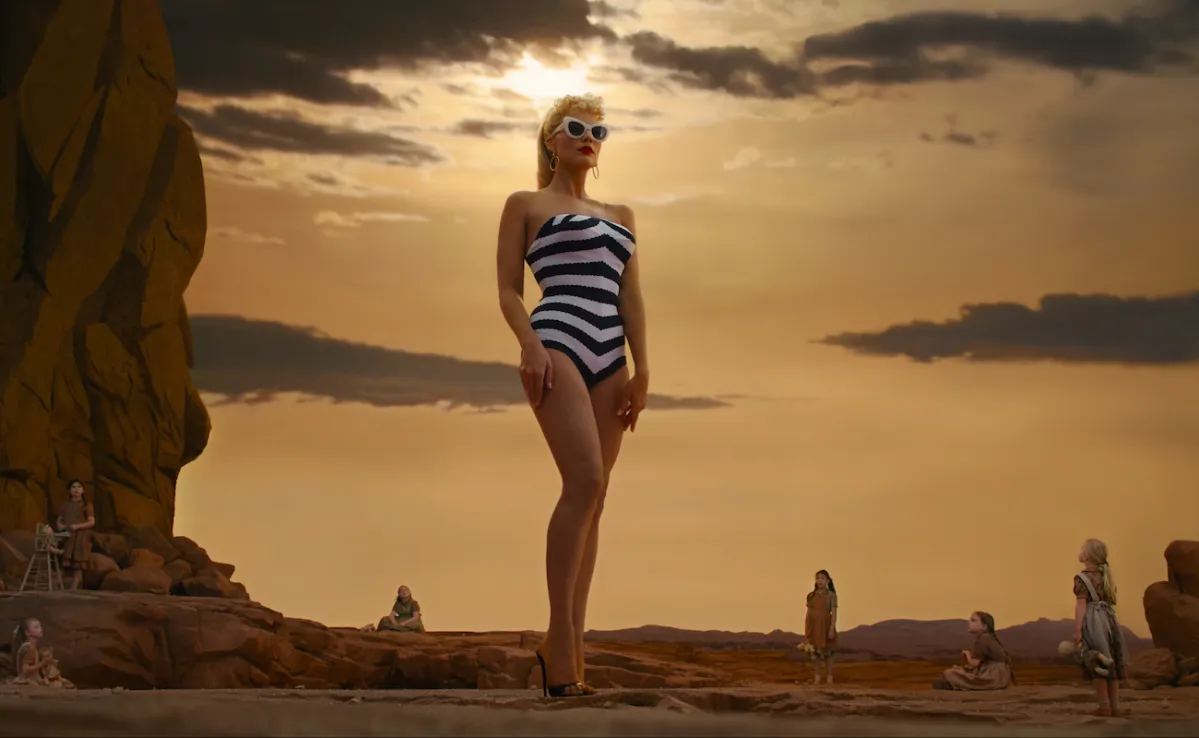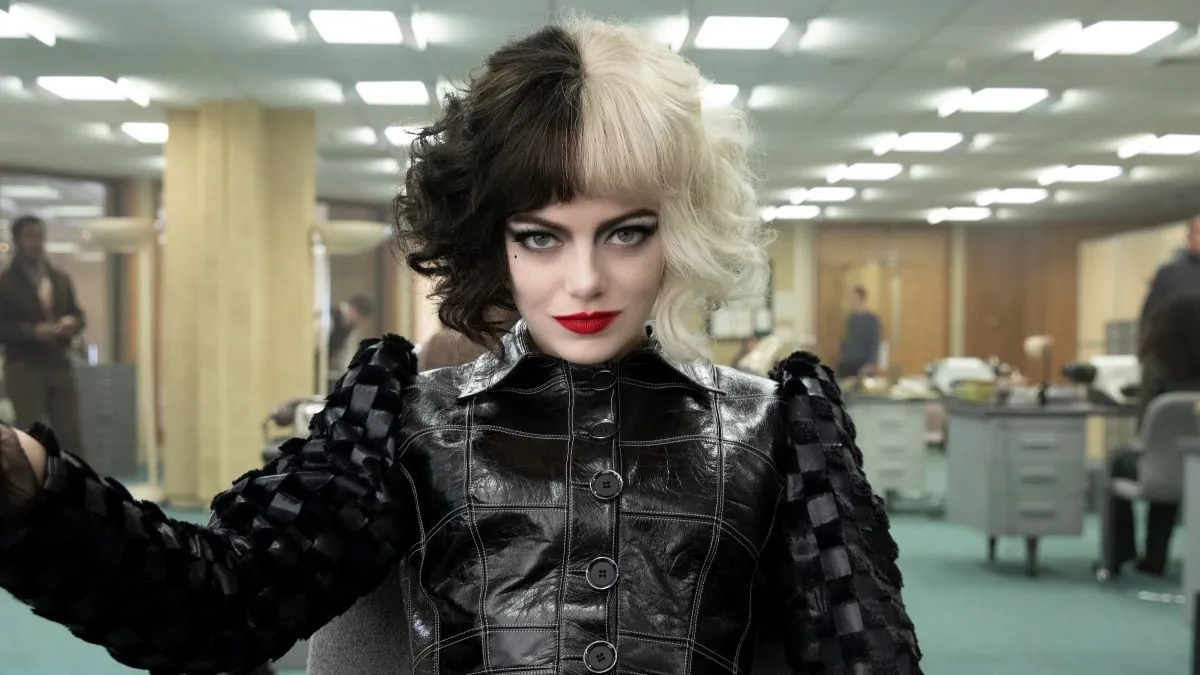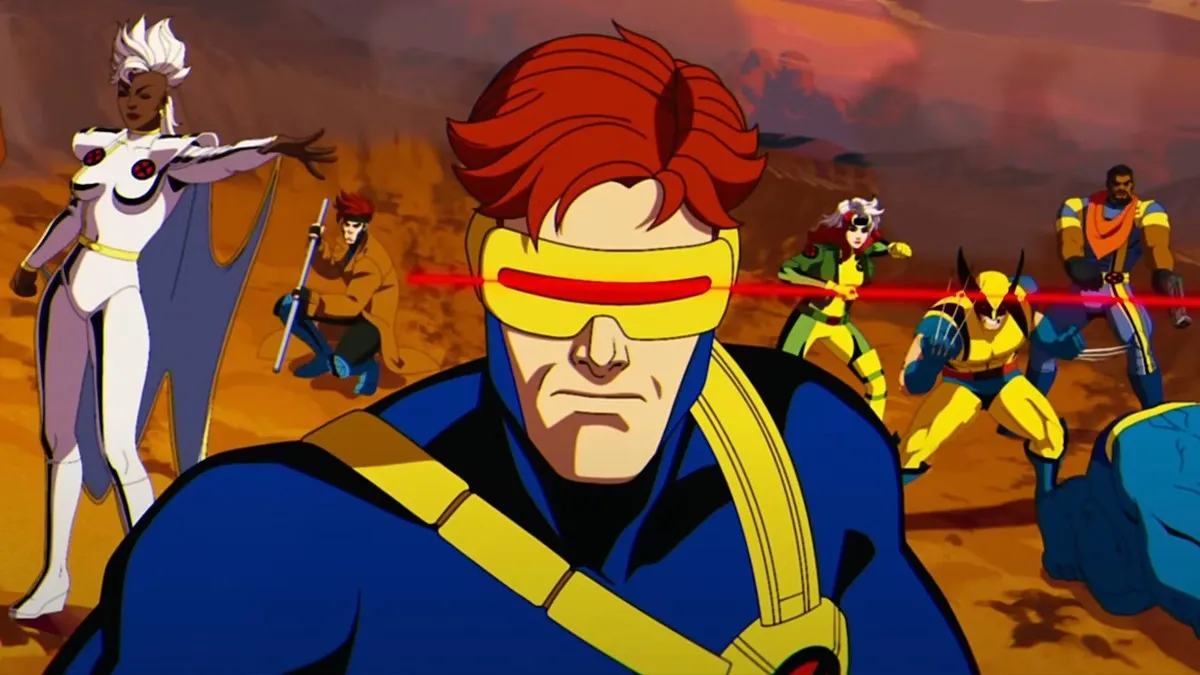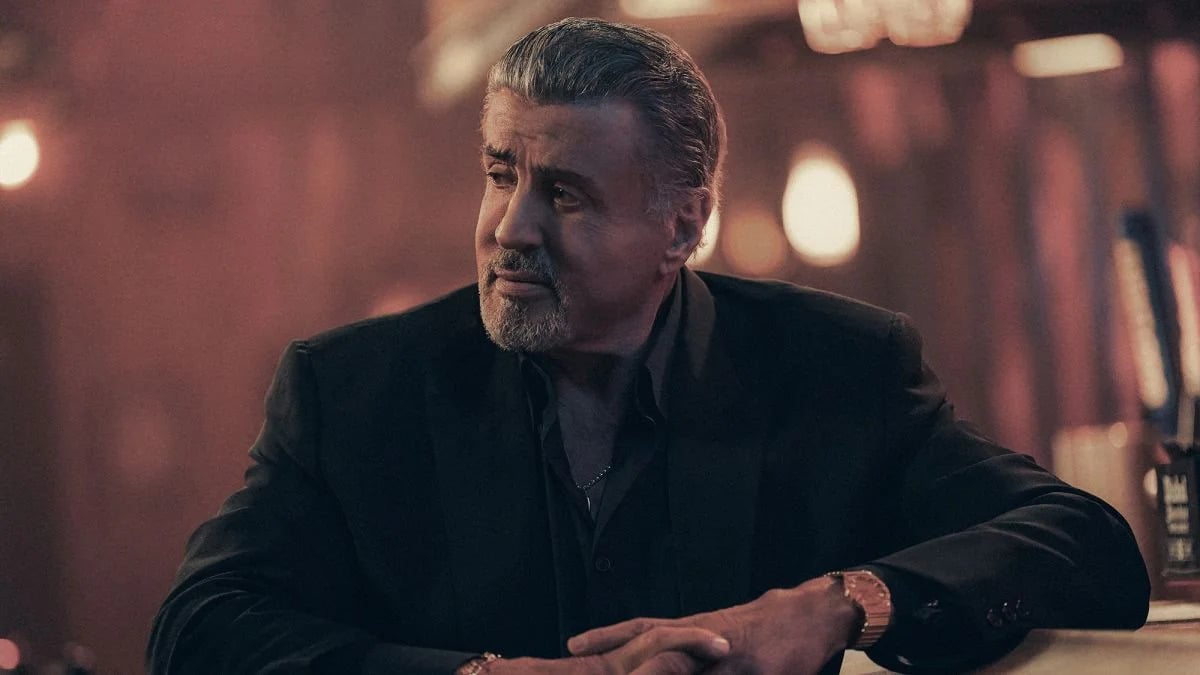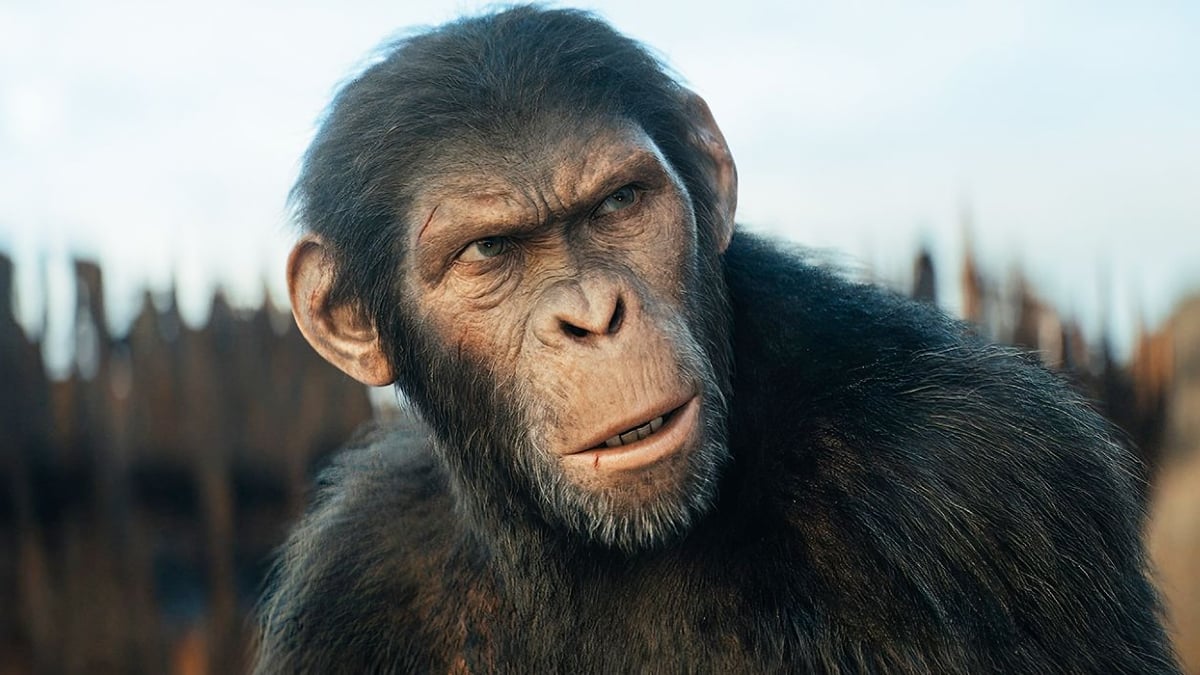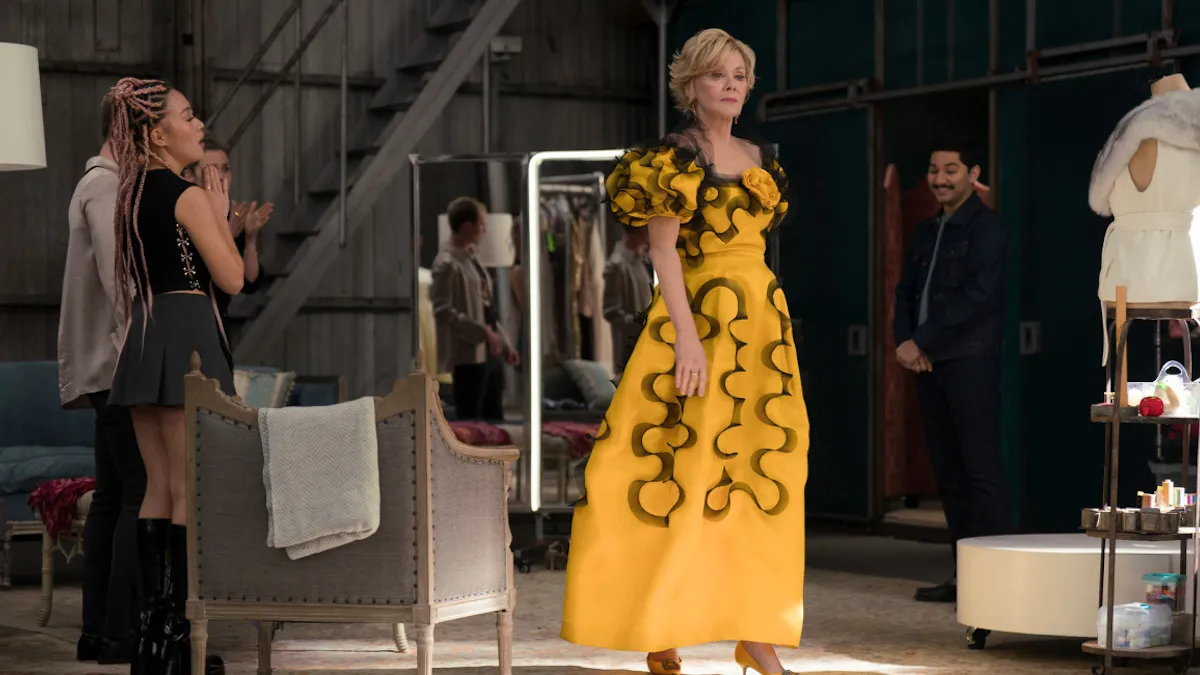Anti-capitalism has been largely vilified in American media for decades, with communists, socialists, union organizers, and activists often being ridiculed or villainized. However, there have been increasingly more attempts at presenting sincere anti-capitalist plots and characters in mainstream media, such as Spider-Punk in Across the Spider-verse and Nemik in Andor. Audiences have reacted strongly and positively to these depictions but they do present an important question: Can media made by capitalism ever be sincerely anti-capitalist?
Spider-Punk: Commodifying a social movement

Hobie Brown AKA Spider-Punk was pretty much everyone’s favorite character in Across the Spider-verse. Despite at first appearing to be a rival to Miles, he ends up being a true ally, helping Miles escape from containment and quitting the Spider-Society rather than continuing to perpetuate injustice on its behalf.
But of course, companies only see dollar signs when they see these characters, resulting in distasteful merch like Hot Topic’s $70 Spider-Punk leather vest. Many punk/alt historians have also acknowledged that the punk movement turning mainstream ultimately reduced its radicalism and power. They turned a social movement into an aesthetic and sold it at a premium.
Andor: Star Wars’ complex relationship with capitalism
Andor’s first three-episode arc is built on anti-capitalism, with Cassian living in a company town of a corporation that works closely with the empire. Cassian himself starts out as a thief who steals from the Empire as a means of survival and vengeance for all the ways the Empire has wronged him and his family. But he’s still self-serving and only joins some rebels on a significant heist with the promise of a massive payout.
One of the other rebels working on the heist is Nemik, a young intellectual type who is a true believer in the rebellion and seeks to change the course of the galaxy not just through violence but through political theory. His work is semi-successful; his manifesto ends up helping Cassian on his path to joining the rebellion. But Nemik himself is killed during the heist, literally crushed by Imperial credits that would later be used to fund the rebellion.
The whole show is chock-full of incredible analyses of fascism, capitalism, imperialism, and the prison-industrial complex. But the problem is that this show is made by Disney, a company that has been repeatedly called out for labor issues and cozied up to authoritarian foreign governments.
Star Wars in general has always had a complex relationship with capitalism. While the prequels were very critical of corporations and governments working together, Star Wars itself is a multibillion-dollar blockbuster franchise that popularized action figures.
Barbie: Girl power vs. consumer power
In some cases, it might be better if the films in question never bring up capitalism at all. In Barbie (2023), the many complaints against Barbie issued by the real-world tween character Sasha include accusations that she’s a fascist/capitalist. While Barbie later sobs about how she “doesn’t control the railways” (a reference to Mousillini), she can’t really refute any claims about her capitalism and makes no effort to. Barbie’s whole brand is not just dependent on capitalism but perpetuates the system by encouraging parents and girls to shop and become consumers. To Barbie, you show girl power by how much you consume.
Even the characters of the Mattel corporate executives are played off in the film as being a bit incompetent but still well-meaning, wanting to restore the status quo of Barbie being the star, even at the cost of the thriving Ken market. Meanwhile, actual Mattel executives served as producers on the film, the success of which they’ve used to leverage dozens more films based on their products. Barbie the movie might be trying to undercut the power of capitalism but in the real world, it’s fueling the system.
The hypocrisy of anti-capitalism
To be fair, this has been happening for a while. Alien, The Matrix, Wall-e, and The Hunger Games (just to name a few) all show that movie studios don’t have a problem with films being anti-capitalist as long as they’re also successful—and so long as the films’ messages don’t get in the way of actual profits.
But what makes things worse is the clear hypocrisy of the industry at large. The newest season of Black Mirror parodied Netflix itself in its depiction of destructive AI practices, which rubbed audiences the wrong way, especially now that we know just how badly streaming screws over writers and actors alike.
I think that’s the root of the problem itself: the hypocrisy of it all.
These artists create incredible works, recognizing how unfair the current systems are. But movie studios, despite producing these works, are also continuing to perpetuate inequality.
If studios are going to produce and profit off of anti-capitalism, then they should at least put their money where their non-existent mouths are, respect workers and unions, and not be the villains in their own stories.
(featured image: Warner Bros. Media)



